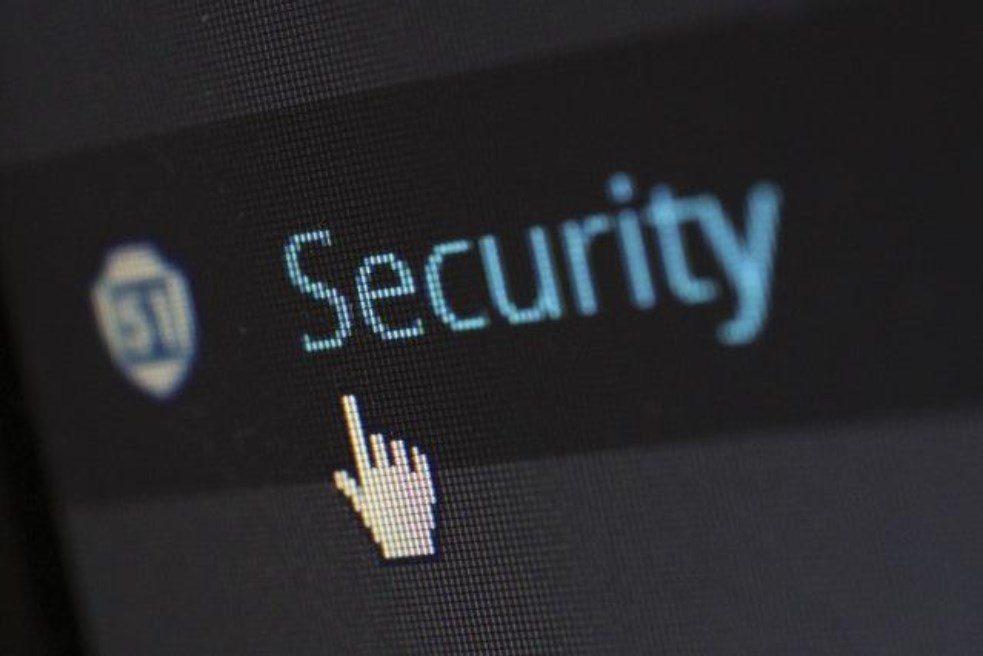Privacy means having an overview of one’s own situation, being able to express oneself freely, knowing which audience is listening and how information spreads.
Hide IP address – know how!
“Anonymity will soon be the privilege of those who have mastered the techniques of encryption, “* writes the Future Institute. In the course of digitalization, we know less about what we reveal about ourselves digitally. Not everyone knows how to hide their IP address. We can no longer take our digital privacy for granted.
The positive news is that anyone can protect themselves and encrypt their data completely. The right encryption techniques and trustworthy service providers are the key!
1. anonymous on the internet: What is an IP address?
IP stands for Internet Protocol. An IP address is a unique address of a computer or server within a network.
Each IP address has four blocks of numbers. Each number block shows a 3-digit number from 0 to 255. That is exactly 32-bit. Currently, this address space is being converted and extended to 128 bits. After all, new addresses are added every day.
Everyone who is on the move with their smartphone, computer or PS4 has an IP address. It is like your address on the Internet. Each package contains information. Any information you send can be uniquely attributed to you.
If you send a letter in real life and do not note the sender, you send anonymously. The secrecy of correspondence applies. On the Internet, this principle only works by obfuscating the IP.
Remember: Every retrieved information is transmitted to the web server together with your IP address.
2. did you know that your browser history data is stored for up to seven days?
The IP address initially provides information about your location and which Internet provider you use. Your Internet provider (e.g. Telekom) knows which Internet pages you have visited. However, your browser history data is legally deleted after seven days.
What else does your IP address reveal about you?
For criminal incidents, many Internet providers reserve the right to retain data. The duration and a time are attributed to each activity. Suspicious cases are thus followed up on a selective basis. Data protection lawyers sharply criticize this approach. And also us! To date, there is no final, legal agreement.
Your device can also be pinpointed in cities. The nodes are often less than 100 meters from your home address.
3. five good reasons to hide your IP address
You conceal your identity from website operators
Any website operator has the ability to track your IP address and trace your location. You know what you like and what you are looking for. A VPN prevents the Internet provider from storing your history.
You can reach Netflix USA and other streaming services you wouldn’t be able to watch otherwise.
A VPN server can also be used to surf from another location, e.g. abroad. This will give you access to blocked streaming services. Netflix and Chill!
- Your data is safe from hackers, spies and intelligence agencies.
Encrypting your own IP address prevents hackers from tracking your activities. At the same time, you should protect yourself from competitors. Especially if you work for a company or own one yourself. Sensitive data and searches are of interest to competitors.
- You can also surf safely and worry-free in the cafe or hotel.
Public WLAN networks are easy to hack. By changing your location via a VPN, you become invisible. Well almost. In any case, you can still be seen visually drinking coffee.
Suppose you are on vacation in China and want to use Facebook. It does not work without VPN. Only with a VPN you can use Google, Facebook, WhatsApp and other services.
- Free access to knowledge in the digital world.
There are countries where governments block websites for other countries. With a VPN connection, we dial in via the country’s server. It also lets you bypass censorship and government eavesdroppingif your VPNis encrypted well enough .

4. the three most popular ways to hide your IP address.
With a VPN application you can hide an IP address. It is a closed network. The data is anonymously encrypted and sent on the Internet. A proxy connection works very similarly. The Tor network provides access to the Deep Web. These are three ways to hide your IP address.
1. anonymous on the net with the VPN client: how to hide the IP address?
VPN services establish a direct connection to the target server. At the same time, the data is returned encrypted. The target page only learns the address of the VPN provider. He stands between them like a door. This door is necessary to protect from prying eyes of third parties.
In addition, VPN applications offer other functions. Companies and government agencies therefore use VPN networks. Employees have secure access to internal programs and files from anywhere. The most used and free VPN is the OpenVPN.
2. anonymous on the net with the proxy server: How well does a proxy really work?
A proxy server works in a very similar way. When a website is called up, it hooks into the client-server communication. He accepts the request on a proxy basis. The request arrives at the destination page with a new IP address. Feedback is also provided via the proxy server.
A proxy must be reinstalled for each application (for each web browser, email, etc.), while a VPN anonymizes all Internet communication. For less privacy-sensitive activities, e.g., obfuscated streaming, a proxy is worthwhile. The encrypted data of the VPN affects the Internet speed.
3. anonymous on the net with the Tor network: does its reputation precede it?
The Tor network was originally conceived by the US Army, away from the normal Internet. It was called “The Onion Routing Project”, analogous to the onion principle. The access at this point is an encrypted Tor client. One acts in a modified Mozilla Firefox version.
At the starting point, a list of all available Tor servers is downloaded. The network then selects a random route. The data packets are forwarded from node to node as required. The exciting thing is: each node only knows its predecessor and successor. The source and the exit node are anonymous.
However, the Tor network is not completely encrypted. Nodes are provided by both private providers and government agencies. This traffic is therefore tracked selectively.
5. conclusion: Can I really hide my IP address?
The three most popular methods give basic security to secure traffic. Privacy is protected as far as possible. There is currently no absolute guarantee on the Internet.
A residual risk always remains with proxy, Tor and conventional VPN providers. But how can you protect yourself against espionage actions and intelligence attacks? To do this, you need to know where the data centers are located and who operates them. In addition, it must be ensured that the data is not stored.
The 100% anonymization of data is still a privilege.
Sources: Zukunftsinstitut | Privacy Reloaded: Big Data and the Consequences https://www.zukunftsinstitut.de/artikel/privacy-reloaded-big-data-und-die-folgen/







